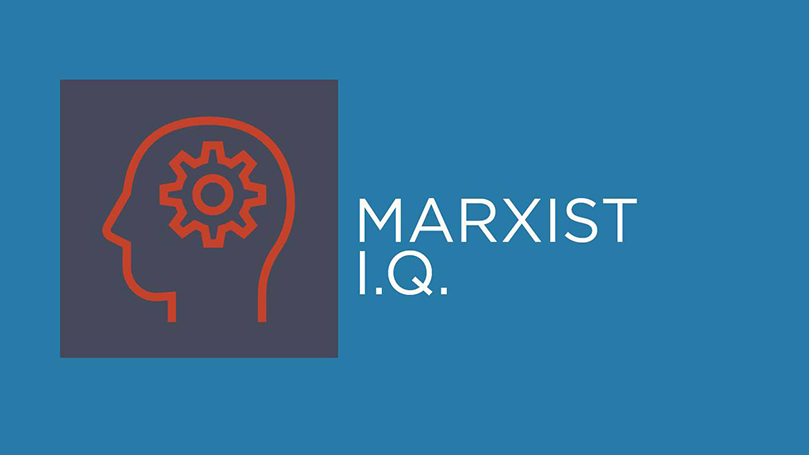
On November 7, 1917, armed forces representing the Petrograd (later Leningrad) Soviet, stormed the Winter Palace of the former Czar, overthrew the provisional government established in February, and a day later proclaimed the Soviet Socialist Republic, the first revolutionary socialist state in history. This Marxist IQ is dedicated to that revolution, both for socialism and against the imperialism which had produced World War I, the most widespread war up to that time in history.
1. Marxists see wars throughout history as
a. an expression of natural human aggression.
b. a consequence of the exploitation and oppression of class-divided societies.
c. the result of evil ideologies.
d. the result of a failure of communication between peoples.
2. In his analysis of what he called “ultra-imperialism,” Karl Kautsky opposed V. I. Lenin’s analysis of imperialism in that he
a. supported guerilla wars to fight imperialism.
b. saw imperialism as a positive force.
c. believed that imperialist powers could cooperate to divide the world short of war and revolution.
d. saw imperialism as the highest stage of capitalism.
3. Lenin, in Imperialism: The Highest Stage of Capitalism, attributed the rise of modern imperialism to which of the following factors?
a. The merger of industrial and bank capital to create finance or monopoly capital
b. The export of capital to colonial regions throughout the world
c. The formation of international monopolies and rival alliances of states to divide and redivide the world, leading to war and revolution
d. All of the above
4. Applying his theory of imperialism to Czarist Russia in 1917, Lenin came to which of the following conclusions?
a. Russia fought in WWI to defend Slavic peoples from Germany.
b. Russia was on the eve of a great capitalist revolution thanks to its defeats in the war.
c. Russia was the weak link among the imperialist powers fighting the war, and its revolution would have to be rapidly transformed into a socialist one if it were to survive as a country.
d. Support for Germany and its allies was the way for revolutionaries to defeat Russian, British, and French imperialism.
5. Lenin’s three most important theoretical contributions to Marxism, together with the Soviet socialist revolution and the creation of the Third International (Comintern), became Marxism-Leninism, the foundation on which Communist parties throughout the world were and are based. Which of the following were his most important theoretical contributions?
a. The theories developed in What Is to Be Done (the vanguard party), State and Revolution (establishment of a revolutionary socialist state), and Imperialism: The Highest Stage of Capitalism (imperialism as the degeneration of capitalism into great wars and revolutions).
b. The theories in What Is to Be Done (the vanguard party), State and Revolution (revolutionary socialist state), and Left-Wing Communism: An Infantile Disorder (opposition to ultra-left sectarianism).
c. The theory that the Soviet Union was 1) the model for all socialist countries and had to be supported in all of its 2) domestic policies and 3) foreign policies.
d. The theory that 1) socialism and capitalism were merging, 2) the globalization of capitalism would evolve into socialism, and 3) imperialism would advance socialism globally without revolution.
Answers here.


 Join Now
Join Now